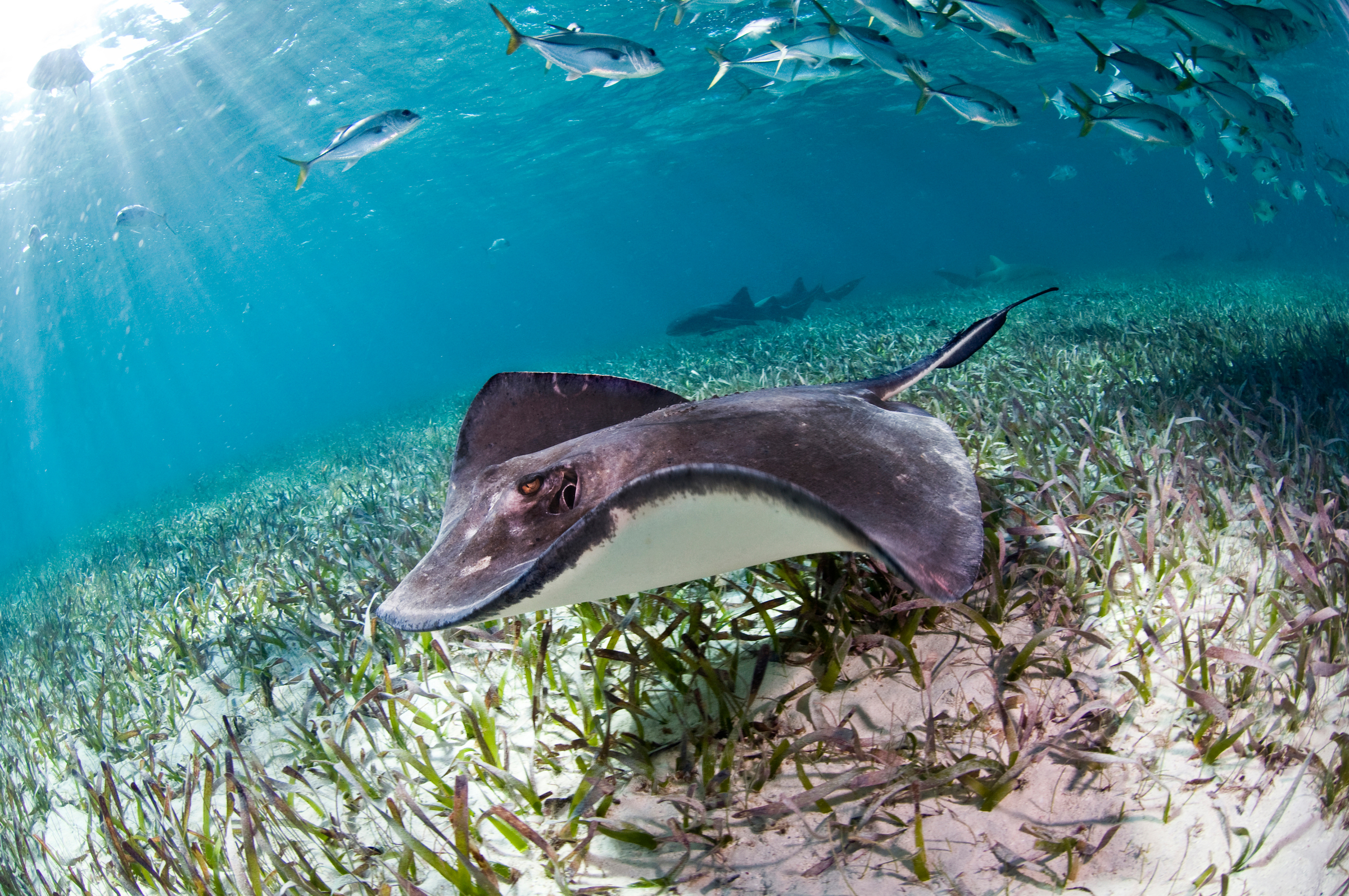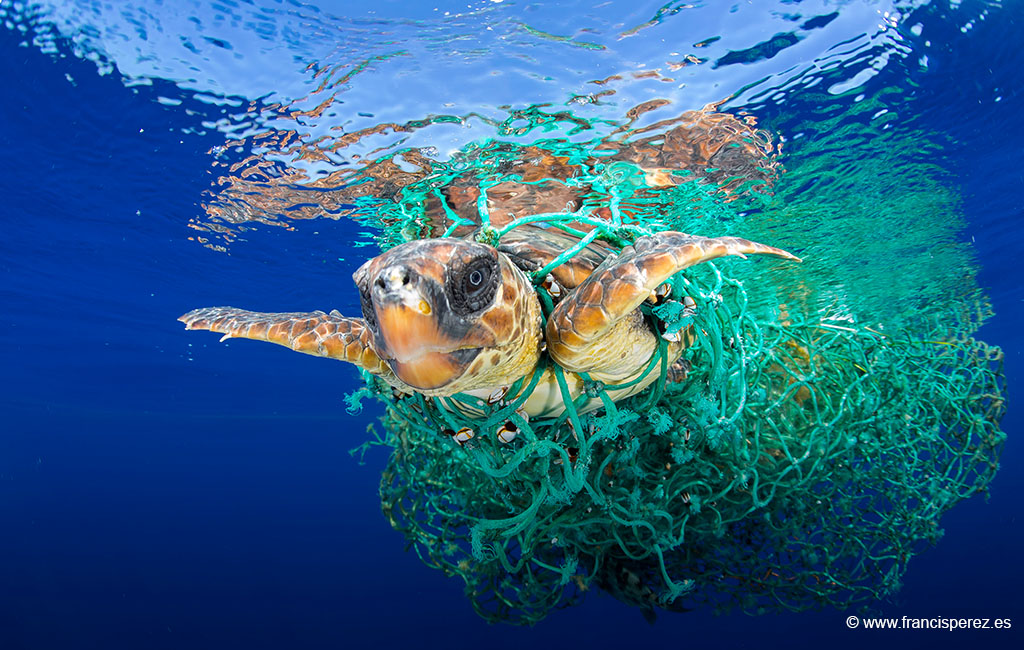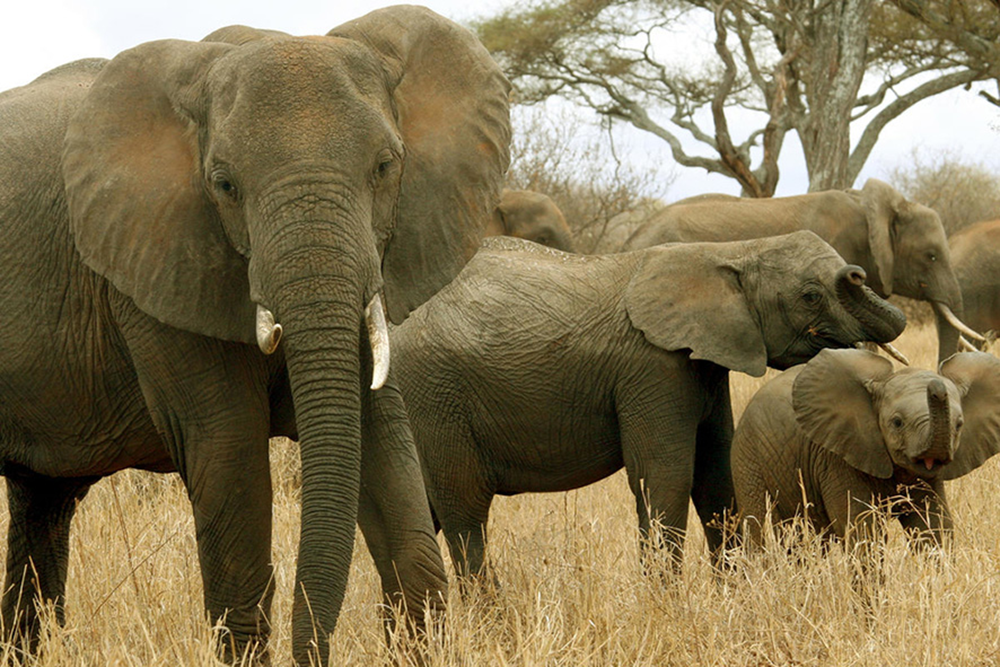The WWF is run at a local level by the following offices...
- WWF Global
- Adria
- Argentina
- Armenia
- AsiaPacific
- Australia
- Austria
- Azerbaijan
- Belgium
- Bhutan
- Bolivia
- Borneo
- Brazil
- Bulgaria
- Cambodia
- Cameroon
- Canada
- Caucasus
- Central African Republic
- Central America
- Chile
- China
- Colombia
- Croatia
- Democratic Republic of the Congo
- Denmark
- Ecuador
- European Policy Office
- Finland
CONSERVATION PULSE
June 2018
Hundreds of water reserves created in Mexico
Twelve years of sustained efforts have led to Presidential decrees establishing hundreds of water reserves in almost half of Mexico's river basins. "These reserves will transform the management of nearly 300 river basins, guaranteeing water supplies for 45 million people, as well as some of the country's most biodiverse ecosystems and globally important wetland protected areas," said Jorge Rickards, Director of WWF-Mexico. For over a decade, a number of partners, coordinated by WWF and the National Water Commission in Mexico (CONAGUA), worked to identify the amount of water that is required to sustain the flora and fauna of each basin and meet the needs of people for the next 50 years. The Inter-American Development Bank, which supported the programme, is now working with WWF to do the same elsewhere in the region, starting in Bolivia, Colombia, Ecuador, Guatemala and Peru.

Colombia protects an entire river basin for the first time
Colombian President Juan Manuel Santos has announced the creation of a protected wetland area covering the entire 600km length of the Bita River. The river basin is one of the most biodiverse ecosystems in the country and is home to over 2,000 species, including iconic animals such as river dolphins, blue arowana, charapa turtles, tapirs and jaguars. The protection of a wide variety of fish also helps protect a vital source of income for local communities. The river basin has been designated as a wetland of international importance under the Ramsar Convention, thanks to the joint efforts of WWF-Colombia and other partners. "This is a big step for the Bita's protection and for the concepts of conservation and sustainable development in the Orinoco region," said WWF-Colombia Director Mary Lou Higgins. The new protected area covers 825,000 hectares, and is the largest of Colombia's 11 Ramsar sites.

Belize Barrier Reef removed from in danger list
For more than a decade the Belize Barrier Reef, one of the world's most diverse ecosystems and a World Heritage site, was at risk from coastal construction and oil exploration. But the reef has now been removed from UNESCO's List of World Heritage in Danger. Local protests backed by an international campaign led by WWF resulted in Belize's government taking a number of measures to protect the World Heritage site from exploitation. "In taking swift collaborative action, Belize has shown that it is possible to reverse nature loss and create a sustainable future," said WWF International Director General Marco Lambertini. June has also seen good news from Tanzania, where the government has launched a strategic environmental assessment of the Selous World Heritage site, where the building of a hydropower plant has been proposed. The project both risks the livelihoods of more than 200,000 people and threatens wildlife populations.

Beating plastic pollution
On World Oceans Day, a new WWF report on plastic pollution in the Mediterranean resulted in over 700 media articles across 20 countries and engagement with the EU Commission and others. Beach cleaning events have followed, together with requests by companies to engage with us on initiatives to reduce plastic pollution. The Mediterranean is one of the world's most polluted seas from plastics. Large plastic pieces injure, suffocate and often kill marine animals, while smaller fragments (microplastics) enter the food chain and threaten an increasing number of species, including humans. Plastic pollution was also the main focus of World Environment Day and Coral Triangle Day, with a strong collaboration with UN Environment leading to almost 190,000 people around the world engaging with us to #BeatPlasticPollution. Globally, WWF is campaigning for no plastics in nature through significant reductions in plastics use, improving waste management in major cities, and investment in new solutions.

3D-printed reefs help challenge biodiversity loss
With about 85% of oyster reef habitat already lost globally due to overfishing and disease, WWF-Netherlands and ARK Natuurontwikkeling have been piloting solutions to restore these biodiversity hotspots in the Dutch North Sea. These include introducing 80,000 oysters and innovative 3D-printed sandstone reef structures. So far the results have shown a high survival rate and reproduction, and WWF hopes this will encourage the Dutch government to scale up nature restoration in the North Sea. Oyster reefs increase water quality and fish production and are used worldwide to increase coastal protection. They are vitally also important for biodiversity, for example providing a place for sharks and rays to attach their eggs and nurseries for small fish and shrimp. WWF is supporting global efforts to help people understand the importance of biodiversity and how they can help conserve it, including a partnership with the UN Convention on Biological Diversity (CBD).

Helping halt the illegal wildlife trade
Around 20,000 African elephants are killed each year to supply ivory markets mainly in Asia and primarily directed at Chinese consumers. African states have imposed increasingly tough penalties for wildlife poaching, and many other countries, including China, have banned the trade in ivory. Adding to these efforts have been a series of 12 workshops over the past four years, organised by WWF-China and partners, to raise awareness among Chinese citizens living in Africa about wildlife conservation in general and the protection of African elephants in particular. The latest four workshops, attended by 380 Chinese nationals in Malawi, Mozambique, Tanzania and Zambia, were jointly hosted by China's State Forest and Grassland Administration and CITES Management Authority, TRAFFIC and WWF-China. Alongside these workshops, Chinese authorities also met with their local counterparts to strengthen joint efforts for preventing the poaching and smuggling of illegal wildlife products.
